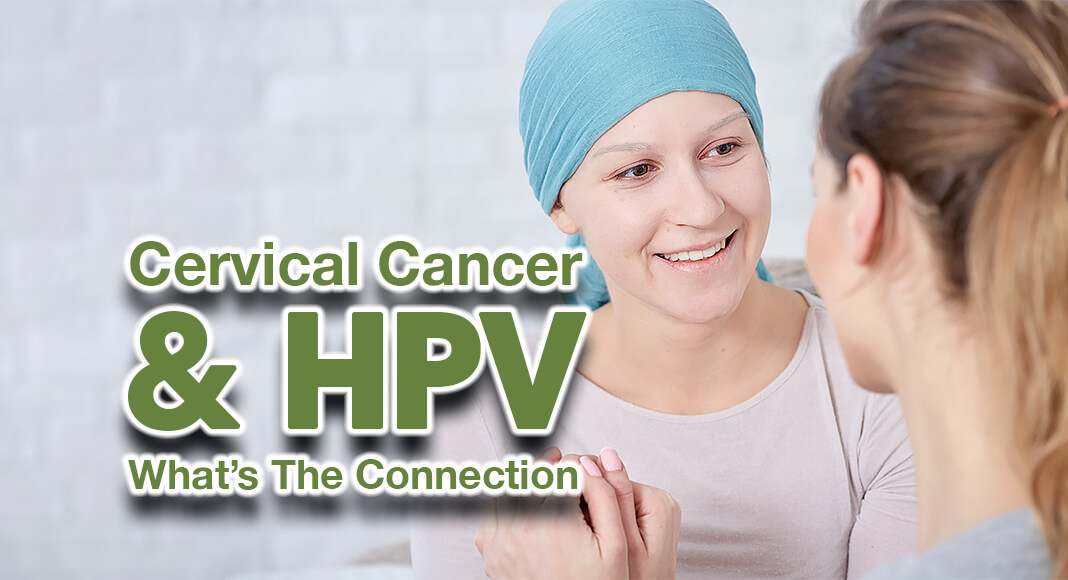
Mega Doctor News
MAYO CLINIC – January is Cervical Health Awareness Month, which makes this a good time to learn about the connection between HPV and cervical cancer.
Approximately 13,000 new cases of cervical cancer are diagnosed each year in the U.S., and 4,000 women die of the disease, according to the Centers for Disease Control and Prevention. Hispanic women have the highest rates of developing cervical cancer, while African American women are at greatest risk of dying from this cancer.
Early-stage cervical cancer generally produces no signs or symptoms. Indications of more advanced cervical cancer include vaginal bleeding after intercourse, between periods or after menopause; watery, bloody vaginal discharge that may be heavy and have a foul odor; and pelvic pain or pain during intercourse.
Various strains of HPV, a viral infection, play a role in causing most cervical cancer. When people are exposed to genital HPV, their immune systems usually prevent the virus from doing serious harm. But sometimes the virus survives for years. Eventually, the virus can convert normal cells on the surface of the cervix into cancerous cells. Cervical cancer may take 20 years or longer to develop after an HPV infection.
Gardasil 9 is an HPV vaccine approved by the Food and Drug Administration for males and females 9 to 45. This vaccine can prevent most cases of cervical cancer if a girl or woman is vaccinated before being exposed to the virus. In addition, this vaccine can prevent vaginal and vulvar cancer in women, as well as genital warts; anal cancer; and mouth, throat, head and neck cancers in men and women.
Treatment for cervical cancer depends on several factors, including the stage of the cancer, other health problems you may have and your personal preferences. Treatment may include surgery, radiation, chemotherapy, targeted drug therapy, immunotherapy and palliative care.
Connect with others talking about HPV and cervical health in the Women’s Health support group on Mayo Clinic Connect, an online patient community moderated by Mayo Clinic. If you have cervical cancer, join the Gynecologic Cancers support group.
Information Source: Mayo Clinic News Network









